The government’s brutal beer tax could decimate Aussie pubs
From next month, punters will fork out more money for a schooner thanks to a crushing beer tax that could force many brewers and bars to the brink.
Drinks
Don't miss out on the headlines from Drinks. Followed categories will be added to My News.
The cost of an average schooner of beer will rise by about $1 from next month, as the government’s staggering tax on a cold one is hiked yet again.
And the impact on some independent brewers as well as small hospitality businesses could be crushing.
The Federal Government’s alcohol excise is linked to the inflation rate and applied to beer and spirits twice a year in February and August.
Kylie Lethbridge, chief executive of the Independent Brewers Association, said the tax whack is one of the industry’s “greatest challenges” amid already difficult operating conditions.
“The situation is absolutely dire right now for Australia’s small and independent brewers, of which there are 600-plus businesses across the country,” Ms Lethbridge said.
Aussies are already restless about the increasing price of beer. Last week, a Sydney pubgoer sparked national outrage after being slugged $22 for a single pint of beer.
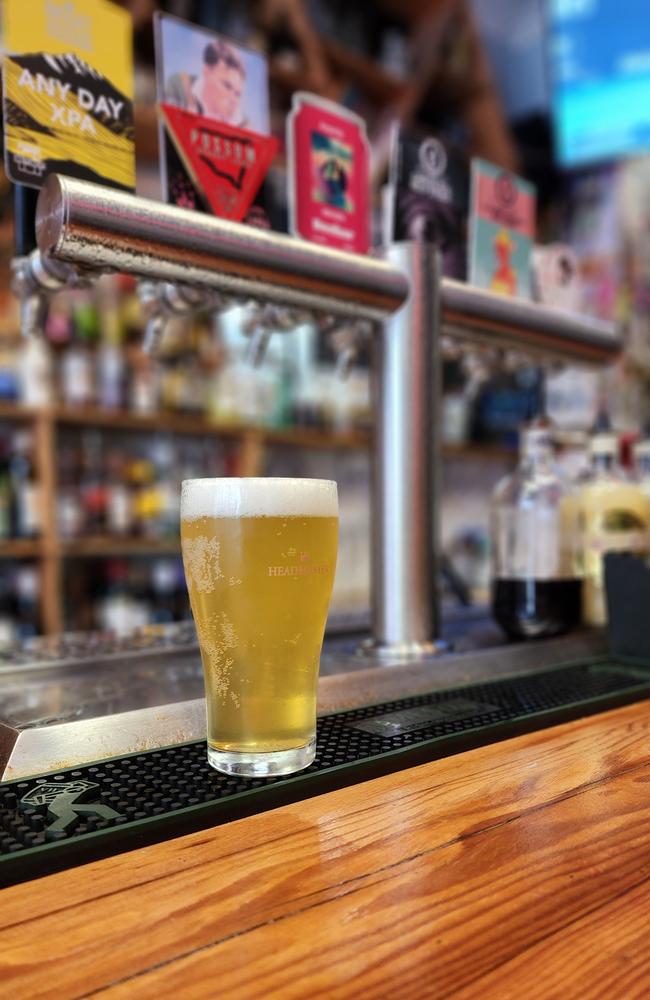
Andre Sammartino is an associate professor of international business and strategic management at the University of Melbourne and has researched the expansion of the independent craft beer market in Australia and internationally.
Local operators are doing it “very tough” thanks to a perfect storm of “ongoing cost increases for their raw materials, utilities and the like, plus consumers who are also feeling the pinch and cutting back on the finer things”.
“The cost imposts for the six monthly excise hikes could be the final straw for some, especially as the indexation method during an inflationary period is really fanning the flames,” Dr Sammartino said.
Phil Anderson is the owner of inner-Sydney watering hole Sneaky Possum and until recently ran the Taralga Hotel in regional New South Wales, and is all too familiar with the excise.
Mr Anderson gave a rundown of what he actually sees from each schooner of beer sold, highlighting the wafer-thin margins on offer.
“If I sell a schooner for $10, I’m working on that product costing me $3. Theoretically, from every beer, I’m making $7, which sounds pretty good,” he said.
“But from that, another 35 to 40 per cent goes on staff costs, so we’re down to about 30 per cent. Then you’ve got rent, which is generally 15 per cent, plus other fixed costs that are 10 to sometimes 15 per cent.
“What are you left with? A bit more than zero.”
Big two crushing small competition
Many consumers confronted with a price rise imminently might see it as a cash grab, but Mr Anderson said the reality is that operators won’t see a red cent.
“The margin in most venues is about 70 per cent, so if you’re applying that to a keg of VB, you’re really needing to charge $13 for a schooner,” he said.
“Punters don’t understand why it’s so high because they don’t appreciate how the excise works.
“And they don’t get that the two big guys in beer are using cartel behaviour to squeeze out any independent operators. So, if you’re Merivale, you’re currently paying about $60 for a keg of Reschs. At my pub in Taralga, I was paying $420 a keg.”
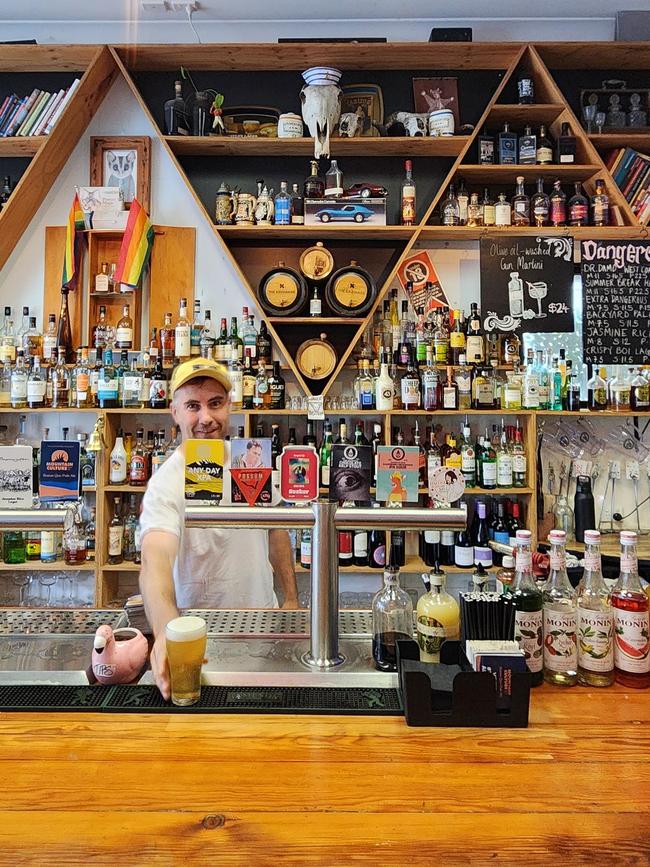
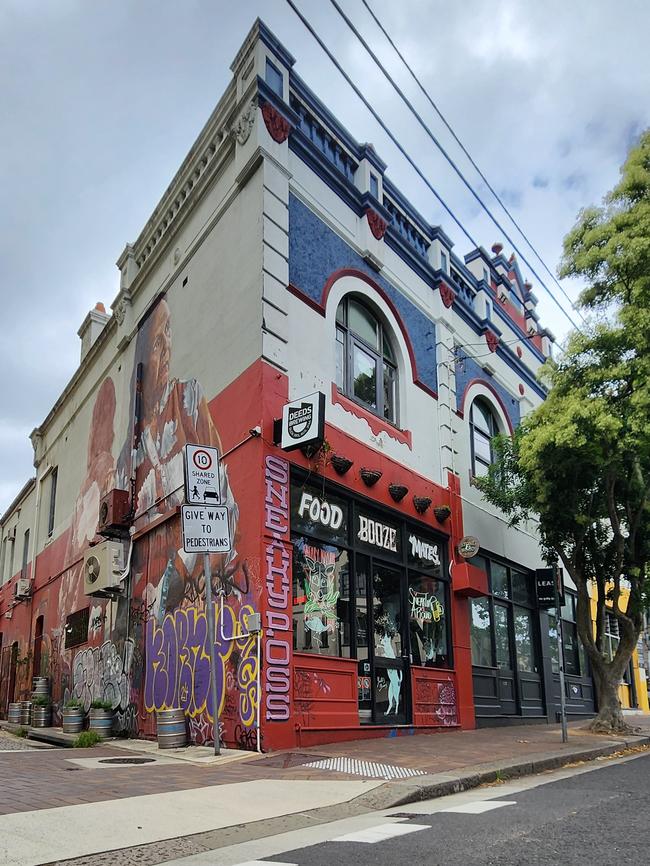
The vast majority of major beer brands in Australia are controlled by either Carlton & United Brewery or Lion, owned by Japanese-based conglomerates.
“If you own a country pub, there is no ifs or buts, you have to have Great Northern, VB and Carlton Dry on tap,” Mr Anderson said.
“And CUB and Lion knows that, so they charge you way more money and then charge you all these delivery frees on top of it and you have to wait for a week for it to turn up.
“Whereas, if you are Justin Hemmes and Merivale, CUB knows you don’t have to have it, so they’re essentially paying you to. They pay a 10th of the price and charge way more than everyone else.”
From next month, about $30 will be added to the price of a standard keg. Few small businesses will be able to absorb that hit, he said.
Industry facing dire situation
The long and painful years of the pandemic battered small brewers as restrictions forced venues to close their doors or reduce their trade, Ms Lethbridge said.
“Everything was meant to go back to normal after Covid, but we faced in some instances a 40 per cent increase in the cost of ingredients and freight and a 50 per cent increase in C02 prices.
“In parallel to that, consumer spending became much for challenged because of the cost of living, and there’s been no ease up on that.”
The impact has been devastating.
“In the past 18 months, we’ve seen 46 voluntary administrations, closures or liquidations. The reduction in employment across the industry as a result would be significant – hundreds of job losses, absolutely.”
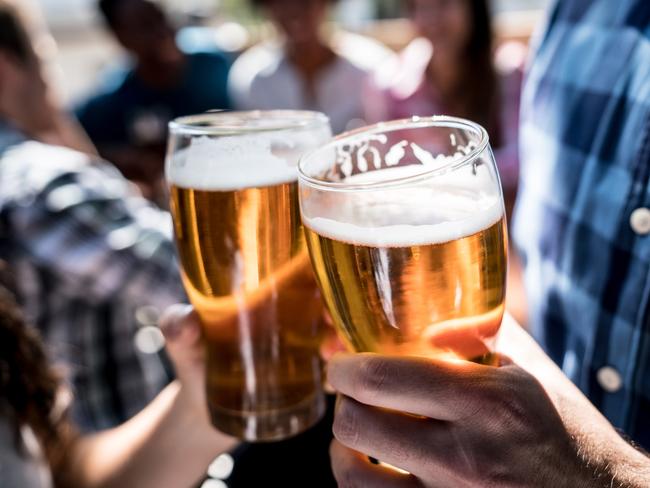
Ninety per cent of people working in the Australian beer sector are employed by small and independent brewers, but those brands make up just three per cent of the total market.
The economic impact is significant, but Ms Lethbridge said there are broad social impacts in smaller communities when an independent brewer goes under.
“Close to 60 per cent of independent brewery businesses are in regional and rural areas, providing super important local jobs and community connections,” she said.
“These businesses are meeting places and social hubs. They’re sponsors and supporters of local sports, community and cultural activities. They refurbish buildings and offer a destination to visitors.
“We’re not just manufacturers. We’re adding value to society in many ways, unlike the two large foreign-owned multinational breweries with their mega profits, the vast majority of which goes overseas.
“We’re calling on Australians to support their fellow Aussies, or else we run the risk of returning to that very boring beer market we had before the rise of independent craft brewing.”
Missed opportunities for distillers
The excise imposed on spirits producers is preventing the industry from enjoying the full potential on offer in international markets.
That’s the view of Damien Barrow, co-founder of Sydney’s BRIX Distillery, who said Australian wine enjoys comparatively low and incredibly stable taxation policy by comparison.
“There’s a clear reason why Australian wine is known throughout the world as premium and desirable,” Mr Barrow said.
“It’s certainly because of the quality of the liquid, but also because of the governmental support.”
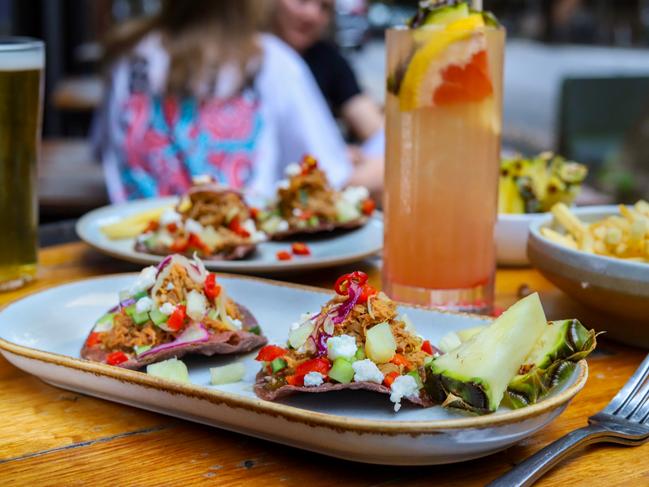
The export market for spirits ranks 29th in the world and brought in $112 million in 2022-23, Spirits & Cocktails chief executive Greg Holland said.
“This compares with sixth place for Australian wine, which is a $2.1 billion export industry, highlighting the impact of differential taxes for spirits and wine in this country,” Mr Holland said.
“Spirits manufacturers are being held back by a tax that is already five times higher than the tax on wine, with another hike due on February 3.
“These twice-yearly tax increases are not only making it harder for distillers to grow and realise export opportunities, but are also sending price signals to consumers that disproportionably disadvantage the spirits category.
“These impacts are more acute in the current cost of living crisis.”
Government hypocrisy on show
The major credit for almost every independent brewery that has fallen into voluntary administration is the Australian Taxation Office, Dr Sammartino said.
He described the Federal Government’s “trumpeting” of its Future Made in Australia policy in the face of such a crippling tax setting as “hypocritical”.
“[The government is] neglecting an industry that has rare manufacturing jobs, and jobs spread across the country in urban and rural settings,” Dr Sammartino said.
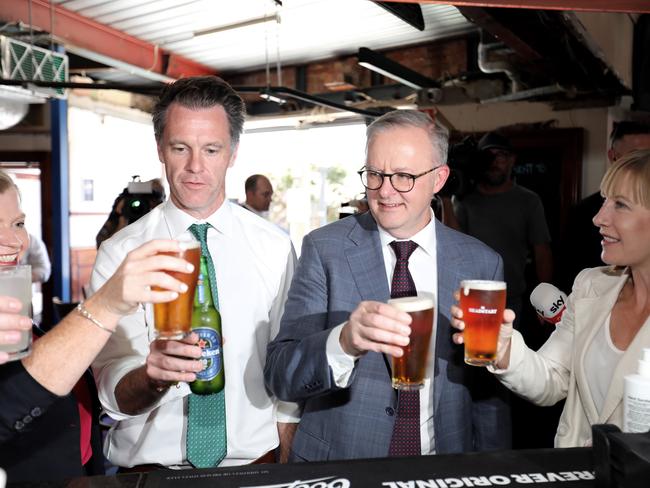
According to the Brewers Association of Australia, beer accounts for about 70 per cent of all alcohol sales in pubs, bars and clubs.
Those venues are forced to pass on about 90 cents in the dollar of tax on every schooner or pint they pour.
“With tax increases and other cost pressures pub goers will soon be faced with the prospect of regularly paying almost $15 for a pint in their local,” the lobby group said in a statement.
“It is increasingly unaffordable for many people to visit their local to catch up with friends or have dinner with their family.”
Taxing beer is not a new notion, but Anthea Gerrard, an assistant professor of Law at Bond University, said Australia’s policy has made a schooner or pint “extra pricey”.
And the biannual excise has contributed significantly to the cost of beer doubling over the past decade, Ms Gerrard said.
“In 2023 alone, the price of beer excises increased by 11 per cent,” she wrote in analysis for The Conversation.
“As the cost of living crisis takes its toll, the public (and brewers) are understandably aggrieved.”
Albo needs to walk the walk
The IBA recently conducted research that indicates the vast majority of Australians don’t know who owns major beer brands and also lacks an understanding of the inequitable tax landscape.
When the tax is hiked twice a year, operators have “no choice” but to pass that on to consumers. The alternative for many is to shut up shop.
After the excise rises yet again in February, Ms Lethbridge said many will face a devastating “tipping point”.
“There are definitely some good stories within our industry, but so many are struggling.”
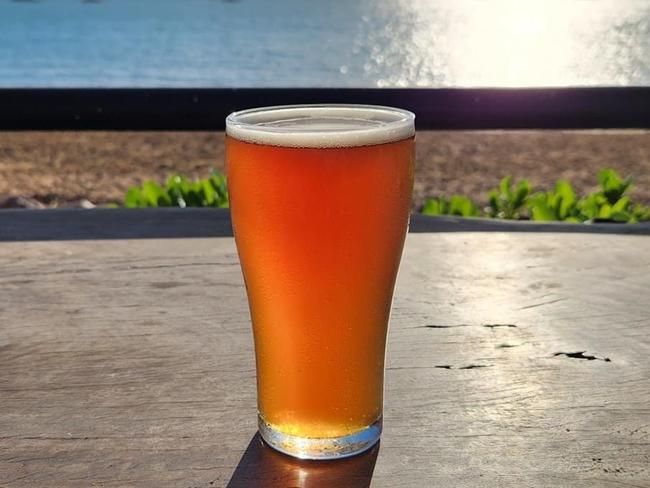
Mr Albanese lives in perhaps the most concentrated independent brewery electorate in the country, and Ms Lethbridge called on the PM to look in his own backyard in the lead-up to the election.
“We’ll be taking every advantage we can to have a further conversation with the prime minister, given he does have a significant amount of breweries in his local community, which he has indicated support for in the past.
“We’ll be holding him to account for that support as we move into an election, given these opportunities only come up once every four years.”
A few senior National Party figures have indicated a keenness to examine the excise over the past several months.
“We can’t speak more highly of the National Party,” Ms Lethbridge said. “They came out last year calling for excise reform on the whole. We’re grateful they’re right behind us.”
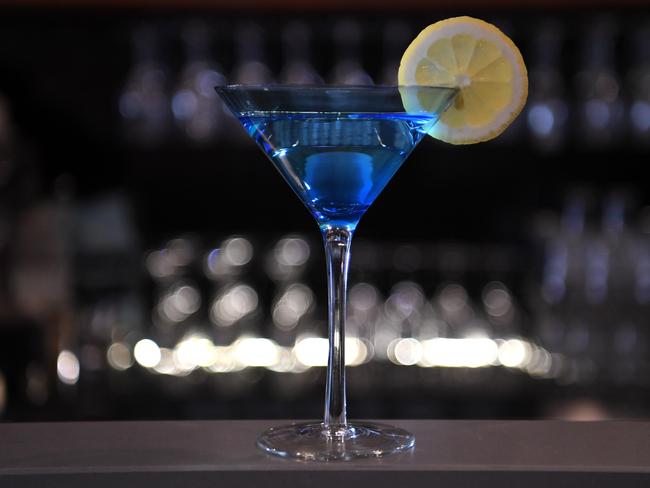
But Ms Gerrard pointed out that some senior Liberal Party MPs, including the Opposition’s treasury spokesman Angus Taylor, aren’t keen on the idea.
“The starting point to reducing the pressure of indexation is to get inflation down,” Mr Taylor said in a statement.
And the Coalition’s finance spokeswoman Jane Hume also played down the likelihood, telling Sky News: “I always like the idea of … free beer. But unfortunately, that might not be the policy slogan that you’ll be seeing us going into the election with.”
Given how tight the polls are, it’s a stubborn stance that might be worth reconsidering.
“The majority of federal seats have at least one local brewery,” Dr Sammartino said. “Albanese’s own seat might actually have the most. Local members would surely love a good news story to tell about helping a brewery in their electorate.”
Delivering meaningful change wouldn’t be difficult, he said, in the form of either a pause on excise increases or full relief for smaller brewers.
“This would have genuine job-saving outcomes and positive flow-on effects to the related businesses like suppliers, hospitality, tourism.”
Originally published as The government’s brutal beer tax could decimate Aussie pubs


